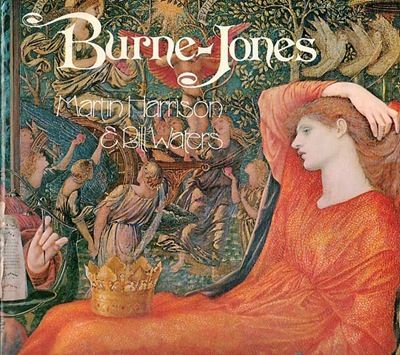Game over.
Jim McTague had a piece recently in Barron's headed, "Why Obama's Scandals Won't Erode His Base."
Benghazi? IRS? Clandestine probes for leaks in the media's plumbing? Paste all that in your scrapbook and forget it. President for Life needn't miss a moment of partying. Not because his lovers' quarrel with the media will be patched up (although it will). Not because the citizenry has become so cynical that it can't be bothered (although it has). Not because the Stupid Party won't know how to make hay over PfL's embarrassments (although it won't). No, says McTague: it's because he has the "millennial" generation in his pocket.
McTague:
This so-called millennial generation, which includes whites, blacks, and Latinos, gave Obama the winning edge in 2008 and 2012. ...But, but ... surely the 18-32 aged voters are at least a little uneasy about the woodworm gnawing the foundations of the Republic?
Will the young voters tune out because of the scandals? Michael Hais and Morley Winograd, who have written three well-received books on the millennials and their impact on the Democratic Party, believe the scandals will have almost no effect on this generation. For one thing, the millennials do not share their parents' suspicions of big, intrusive government. Hais and Winograd say that the millennials see a role for the federal government to set down rules of behavior, like parents, for them to follow.
WHAT ABOUT THE JUSTICE Department's seizure of AP's phone records? Millennials don't appreciate the concept of a "fourth estate." They don't read newspapers. They glean their information from social media. ... Benghazi? They don't watch any television news, let alone Fox, which has been highlighting the topic. The IRS/Tea party story? They are pro taxes—that's why they voted for Obama. They are anti-GOP because the party stands in the way of the Obama agenda, which they supported. ...You figure the Boomers now in positions of power are bad ju-ju? Wait till this lot takes its turn. They'll be dwelling in cardboard boxes -- those who don't find themselves a sinecure in Washington -- but they'll still be living up to their name. The Millennium, the Promised Land, the "Green" Time will have arrived: open borders, gun confiscation, big taxes on everything including other taxes. But they can blow pot smoke out of their ears and congratulate themselves (which they've practiced ever since they listened to self-esteem tapes while in the womb) that they made the world safe for gay marriage.
Hais thinks the millennials have given Obama "an enormous grace period" because they are so turned off by the GOP intransigence on issues like immigration reform, gun control, taxes, gay marriage, and marijuana legalization.


















